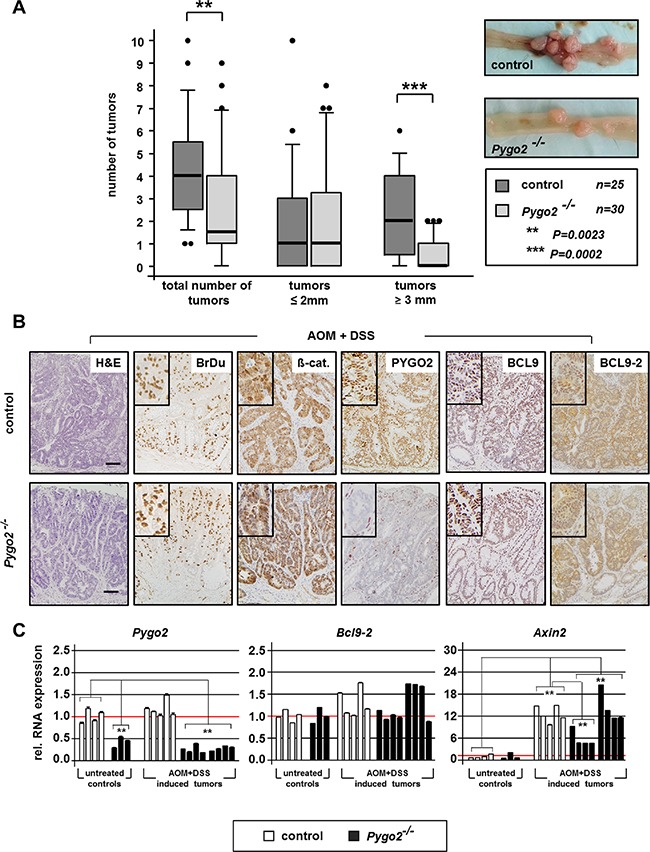Figure 1. Knockout of Pygo2 delays the progression of chemically induced intestinal tumors.

(A) Boxplot analysis illustrates number and size of colon tumors in control (Pygo2lox(ex3)/lox(ex3); n = 30) and constitutive Pygo2 deficient mice (marked with Pygo2−/− corresponding to VilCre; Pygo2Δ/Δ; n = 35). All mice were sacrificed six months after beginning with AOM and DSS treatment. Pygo2 deficient animals were compared to age-matched littermate controls. Significant difference is indicated with ** for P < 0.01 and *** for P < 0.001. Microscopic views of control and Pygo2 deficient colon tumors show tumor burden. (B) Representative H&E stains and immunostains with indicated antibodies on tumor sections from control and Pygo2 knockout animals. Scale bars in the pictures represent 200 μm for all IHC. Inserts show the staining at higher magnification. (C) qRT-PCR analyses of RNA extracted from colon tumors of control and Pygo2 deficient animals and colon tissues obtained from untreated mice with the same genotype. Each bar represents the relative RNA expression of the indicated gene for single animal; each result represents at least three independent experiments. Significances were calculated for the mean expression level compared to untreated controls and relative to the expression levels of control tumors, respectively. All significant differences are marked with * for P < 0.05 and ** for P < 0.01.
